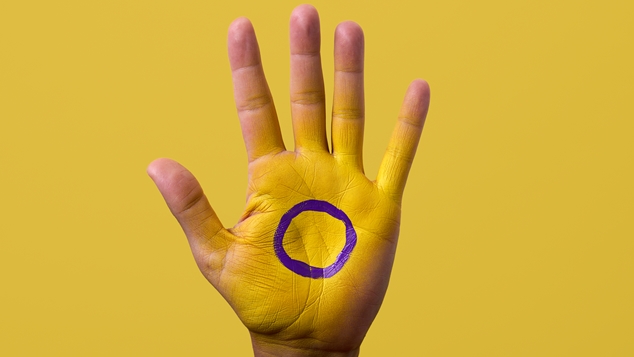October 26 is Intersex Awareness Day, a day to learn about the human rights issues faced by intersex people, and promote genuine inclusion for people with intersex variations.
Intersex Human Rights Australia (IHRA) and Intersex Peer Support Australia (IPSA) provide a range resources aimed at changing current practices and promoting genuine inclusive practice.
Raising The Bar and the Inclusive Practice guide, delivered with the National LGBTI Health Alliance, provide tips and checklists that can assist organisations and individuals in respecting diversity within the intersex population, using appropriate language, helpful terminology, measures of inclusion and much more.

“Inclusion occurs when people are not only comprehended, welcomed and respected, but also where the issues facing intersex people are meaningfully addressed. These new tools provide practical steps towards achieving an inclusive and welcoming professional environment,” Morgan Carpenter, co-executive director of IHRA said of the resources.
“These guides will help individuals and organisations respond to the individual circumstances of intersex people, respect the diversity of the intersex population, use language appropriately and keep up-to-date with good information.”
Intersex people have innate variations of sex characteristics that differ from medical and social norms for female or male bodies. Intersex is an umbrella term for a diverse range of different traits that can be determined prenatally, at birth, during puberty and at other times. People with intersex variations grow up to express diverse identities, including LGBTQ and non-LGBTQ identities.
“These new guides help tackle intersex and misconception through knowledge and education. The checklist on terminology can help create more sensitive, inclusive and effective services and research,” former Vice-President of IPSA Tony Briffa said when the guides were released.
“We developed these resources with IHRA and IPSA to promote research and consultation with intersex-led organisations as experts on their health and human rights,” Alliance CEO Nicky Bath added.
“The practical list of ‘DOs’ and ‘DON’Ts’ will help individuals and organisations build alliances that promote positive change.”
Raising the Bar invites individuals and organisations to understand some of the more common intersex variations, such as androgen insensitivity, congenital adrenal hyperplasia, 47 XXY, and 5α reductase deficiency.
You can find more information at ihra.org.au





